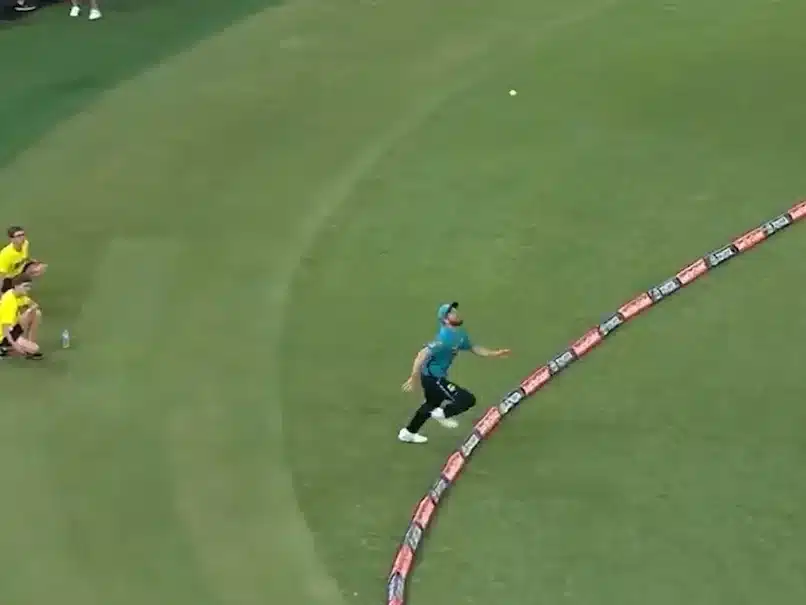ICC Introduces Major Changes: From Stop Clocks to Spectacular Boundary Catches

The International Cricket Council (ICC) has announced significant updates to the playing conditions for Test, ODI, and T20I formats, aimed at enhancing the pace of play and ensuring the safety of players. Among the key changes are the introduction of a stop clock in Test matches, revised ball usage regulations in ODIs, and new rules regarding boundary catches and concussion substitutes. These updates are set to take effect in international matches starting from July 2023, ensuring a more streamlined and player-focused experience in cricket.
Stop Clock Implementation in Test Matches
To address the issue of slow over rates in Test cricket, the ICC has introduced a stop clock that will now be a permanent feature. This rule mandates that fielding teams must start a new over within 60 seconds of completing the previous one. Teams will receive two warnings per innings for any delays, and a third breach will incur a five-run penalty. This warning system resets after every 80 overs, aligning with the availability of a new ball. The stop clock has already seen success during trials in white-ball formats, and the ICC aims to replicate this in Test cricket to maintain a brisk pace of play.
Revised ODI Ball Usage Regulations
In ODIs, the use of two balls will be restricted to the first 34 overs of the innings. For the remaining 16 overs, the fielding team will select one of the two balls to continue play. This change is designed to manage the wear and tear of the ball more effectively, thereby enhancing the quality of the game. The ICC believes that these adjustments will contribute to a better experience for players and fans alike, keeping the focus on competitive play.
New Boundary Catch Rules and Concussion Substitutes
The ICC has also updated the rules surrounding boundary catches. Fielders must now land completely inside the field of play to complete a legal catch if they make airborne contact with the ball beyond the boundary. If a player steps out and jumps again, they can only make one additional touch before landing within the boundary. Additionally, teams are now required to pre-nominate concussion substitutes, and any player diagnosed with a concussion must undergo a mandatory seven-day rest period before returning to play. These changes prioritize player safety and aim to create a fairer playing environment.
Wide Ball Rule Trial and DRS Enhancements
A new wide ball rule will be trialed in white-ball formats, focusing on the batter’s position at the time of delivery to determine wides. Deliveries that pass between the leg stump and the extended protected area marker will not be called wide, although those passing behind the batter’s legs may still be deemed wide. To assist umpires in this regard, the protected area marker will now extend to the popping crease. Furthermore, the Decision Review System (DRS) will utilize the actual outline of the stumps and bails to define the wicket zone, enhancing the accuracy of LBW decisions. These modifications reflect the ICC’s commitment to improving the overall integrity and enjoyment of the game.
Observer Voice is the one stop site for National, International news, Sports, Editor’s Choice, Art/culture contents, Quotes and much more. We also cover historical contents. Historical contents includes World History, Indian History, and what happened today. The website also covers Entertainment across the India and World.
Follow Us on Twitter, Instagram, Facebook, & LinkedIn

